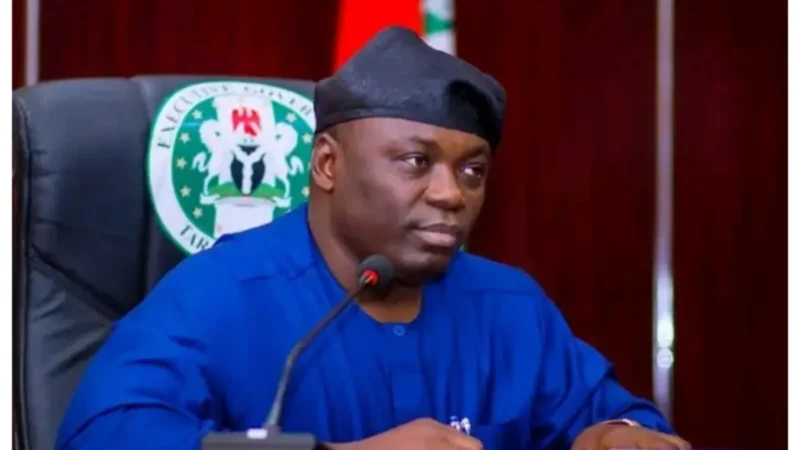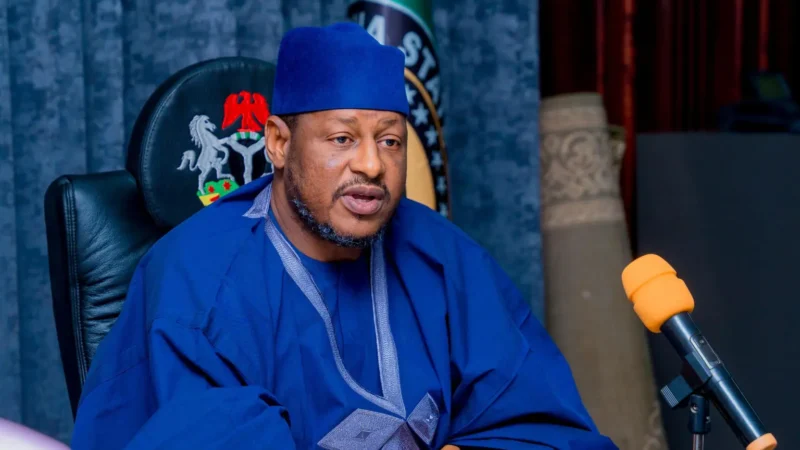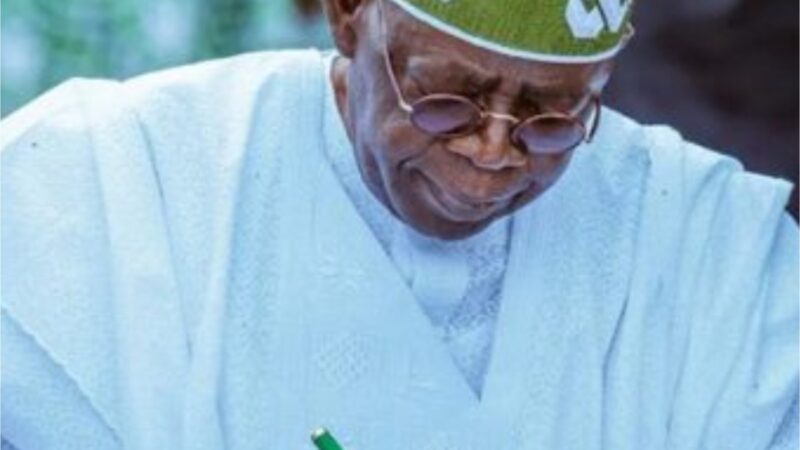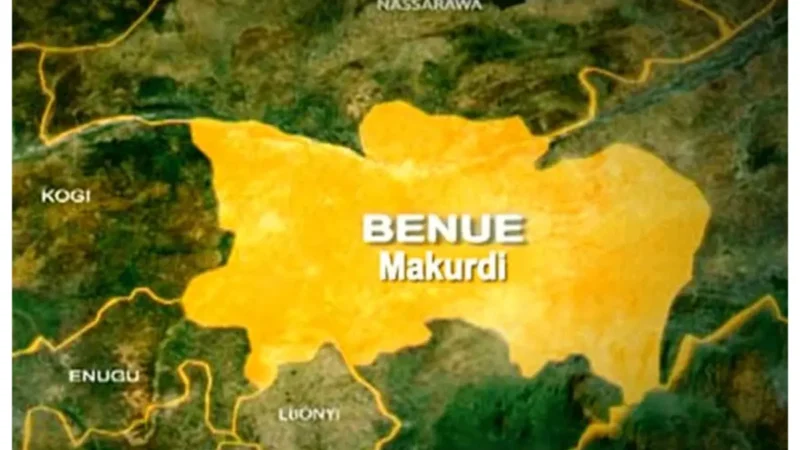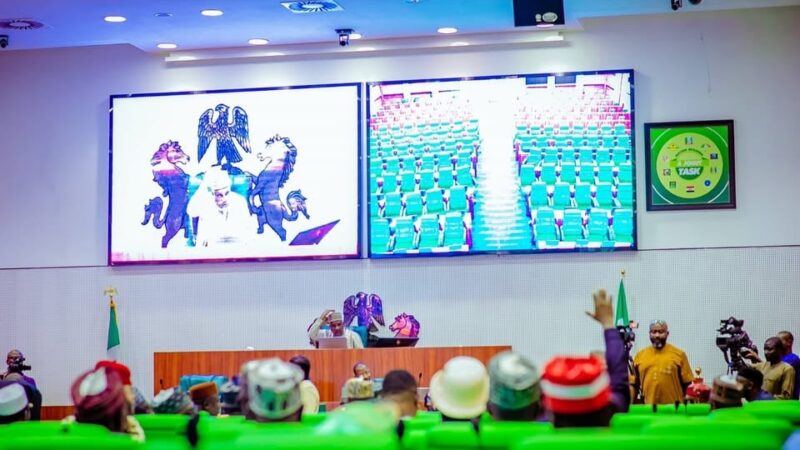Uromi killings: Reps decry jungle justice, urge vigilantes training
 The House of Representatives Committee on Army has called for the professional training and regulation of vigilante groups across Nigeria to prevent the growing incidence of jungle justice and lawlessness in communities.
The House of Representatives Committee on Army has called for the professional training and regulation of vigilante groups across Nigeria to prevent the growing incidence of jungle justice and lawlessness in communities.
The Chairman of the Committee and member representing Ikorodu Federal Constituency, Babajimi Benson, made the call in an exclusive interview with The PUNCH on Wednesday in Abuja, following the brutal killing of 16 northern hunters by a vigilante group in Uromi, Edo State—a tragedy that has sparked national outrage and calls for justice.
Reacting to the incident, Benson stressed the need for urgent reforms in Nigeria’s internal security structure, including the establishment of state police to enhance local law enforcement and reduce the military’s overstretched involvement in civilian security.
“The killing of 16 hunters in Edo is tragic and deeply concerning. It underscores the urgent need for a comprehensive restructuring of our internal security architecture. The creation of state police is not just a political proposal—it’s a security imperative,” he stated.
Benson noted that many vigilante groups operate without formal training, oversight, or coordination with national security strategies, making them prone to abuse of power and extrajudicial actions.
“In addition to providing proper training and oversight for vigilante groups, state police will institutionalize security at the subnational level, ensuring that officers are trained, accountable, and integrated into a broader national framework. This will drastically reduce risks of internal abuse and tragic incidents like the one in Uromi,” he said.
Highlighting the growing fragmentation in Nigeria’s security sector, Benson revealed that the number of licensed private security personnel under the Nigeria Security and Civil Defence Corps exceeds that of the combined Nigerian Armed Forces and Police Force—yet remains largely disconnected from any central security strategy.
“This level of fragmentation creates dangerous loopholes. We cannot afford a disjointed security network in a country of over 200 million people,” he warned.
The lawmaker also emphasised the need for the military to refocus on its constitutional role—defending Nigeria’s territorial integrity—rather than engaging in civil law enforcement duties better suited for local or state police units.
“State police, with access to local intelligence and cultural understanding, will be better equipped to handle community-level threats such as banditry, communal clashes, and vigilante excesses,” he said.
Drawing from international experiences, Benson cited the case of Haiti, where the absence of a strong, coordinated internal security system allowed non-state actors like former police officer-turned-gang leader, Jimmy “Barbecue” Chérizier, to rise and challenge state authority.
“We must learn from the Haitian experience and proactively prevent similar scenarios from playing out in Nigeria,” he cautioned.
He concluded by affirming the commitment of the House Committee on Army to work toward reforms that include a constitutionally-backed state police structure, strategic oversight, and a national framework for regulation.
“This reform, if paired with proper oversight and legislative support, will re-establish public trust, enhance community security, and help safeguard lives and property across the country.”
Edo State Governor, Monday Okpebholo, had earlier visited Kano—the home state of most of the slain victims—where he pledged justice and compensation for their families.


